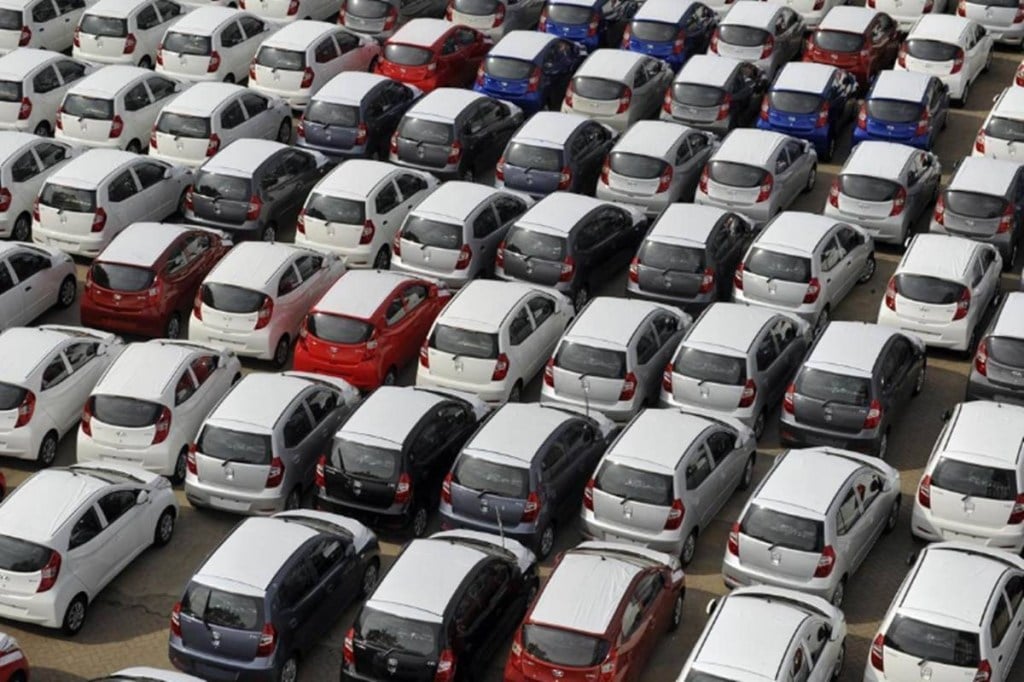11 January 2022: The heavy industries ministry on Monday said as many as 115 companies, both domestic and global, have filed applications to take advantage of the Rs 25,938-crore production-linked incentive (PLI) scheme for the automobile and auto component industries.While the ministry didn’t reveal the names of investors, sources told FE that Maruti Suzuki, Tata Motors, Mahindra Group, MG Motor, Bajaj Auto, Hero MoroCorp and TVS Motor are among the applicants.
Similarly, companies like Toyota Auto Parts, Minda Group and Lumax have applied for incentives for component manufacturing. It wasn’t immediately known if Tesla Inc had also sought to tap the scheme.Bulk of the applications (86) are meant for component manufacturing and the rest (29) for the original equipment manufacturer (OEM) category, the ministry said in a statement.
As many as nine non-automotive firms are seeking to invest in the OEM category and three such companies have applied for component manufacturing.Under the scheme, incentives will be granted for the sales of advanced automotive technology products (both vehicles and components) manufactured in India for five years from April 1, 2022.“Its prime objectives include overcoming cost disabilities, creating economies of scale and building a robust supply chain in areas of advanced automotive technology products,” the ministry said in a statement.
The scheme aims to woo big firms through attractive incentives. So, the government has set lofty revenue and investment criteria for applicants to be eligible.The scheme, notified by the department of heavy industries, has capped incentives per auto group at an elevated level of `6,485 crore, or 25% of the total outlay.The proposed incentives for original equipment manufacturers range from 13% to 18% of determined (incremental) sales value, while those for component manufacturers vary from 8% to 13%.
Those making advanced clean tech components (battery electric vehicles and hydrogen fuel cell vehicles) will get additional 5-percentage-point incentive.The PLI scheme has two parts — Champion OEM Incentive Scheme and Component Champion Incentive Scheme. The Champion OEM scheme will incentivise incremental sales of battery electric vehicles and hydrogen fuel cell vehicles of all segments.
The Component Champion scheme, too, will incentivise additional sales of advanced automotive technology components of vehicles, completely knocked-down/semi knocked-down kits, vehicle aggregates of 2-wheelers, 3-wheelers, passenger vehicles, commercial vehicles and tractors, etc, the ministry said in a statement.To be eligible for the incentives, existing OEMs must have a minimum of Rs 10,000 crore in global revenue and Rs 3,000-crore investment in fixed assets.
Similarly, extant auto-component manufacturers must have minimum revenue of Rs 500 crore and fixed asset investment of Rs 150 crore to qualify for the benefits.New non-automotive investors wishing to tap the scheme must have a global net-worth of Rs 1,000 crore and a clear business plan for investment in advanced automotive technologies. These new OEMs will have to progressively raise their investment to at least Rs 2,000 crore by March 2027. Those new players wishing to take advantage of the scheme for auto components, have to invest Rs 500 crore or more.
The scheme will be effective from FY23 (incentives will be disbursed from FY24 for five years) and the base year for computing sales value would be FY20.This scheme, along with an already-launched PLI programme for advanced chemistry cell (Rs 18,100 crore) and Faster Adaption of Manufacturing of Electric Vehicles scheme (Rs 10,000 crore) will “enable India to leapfrog from traditional fossil fuel-based automobile transportation system to environmentally cleaner, sustainable, advanced and more efficient electric vehicles-based system”, the heavy industries ministry said.
